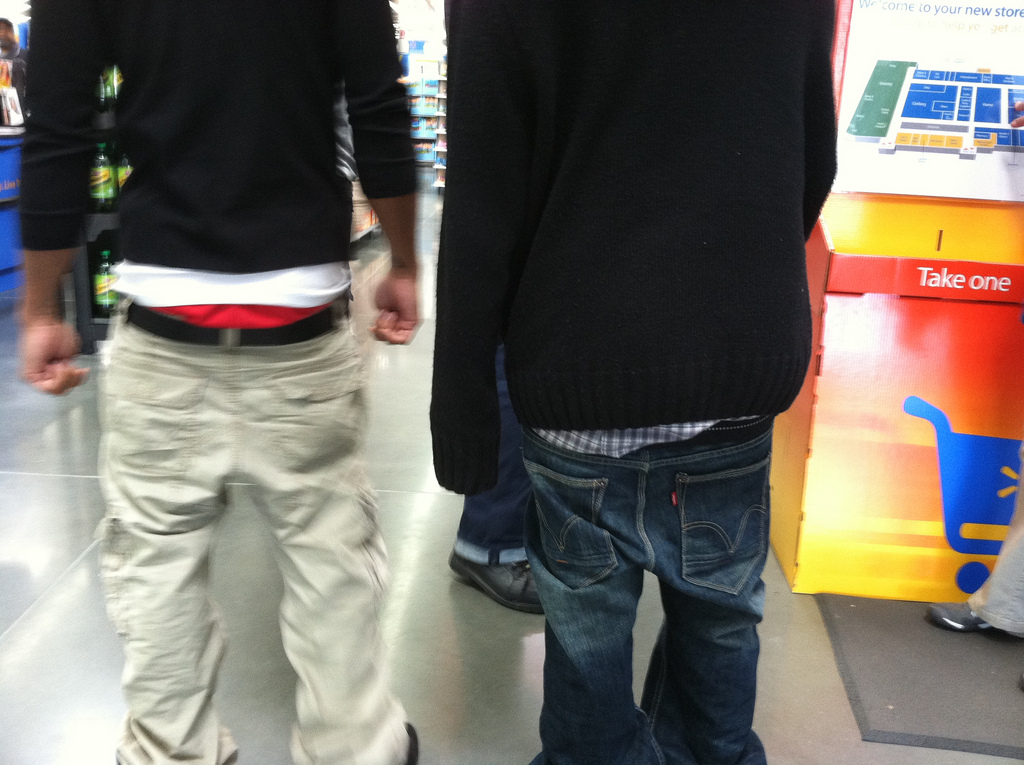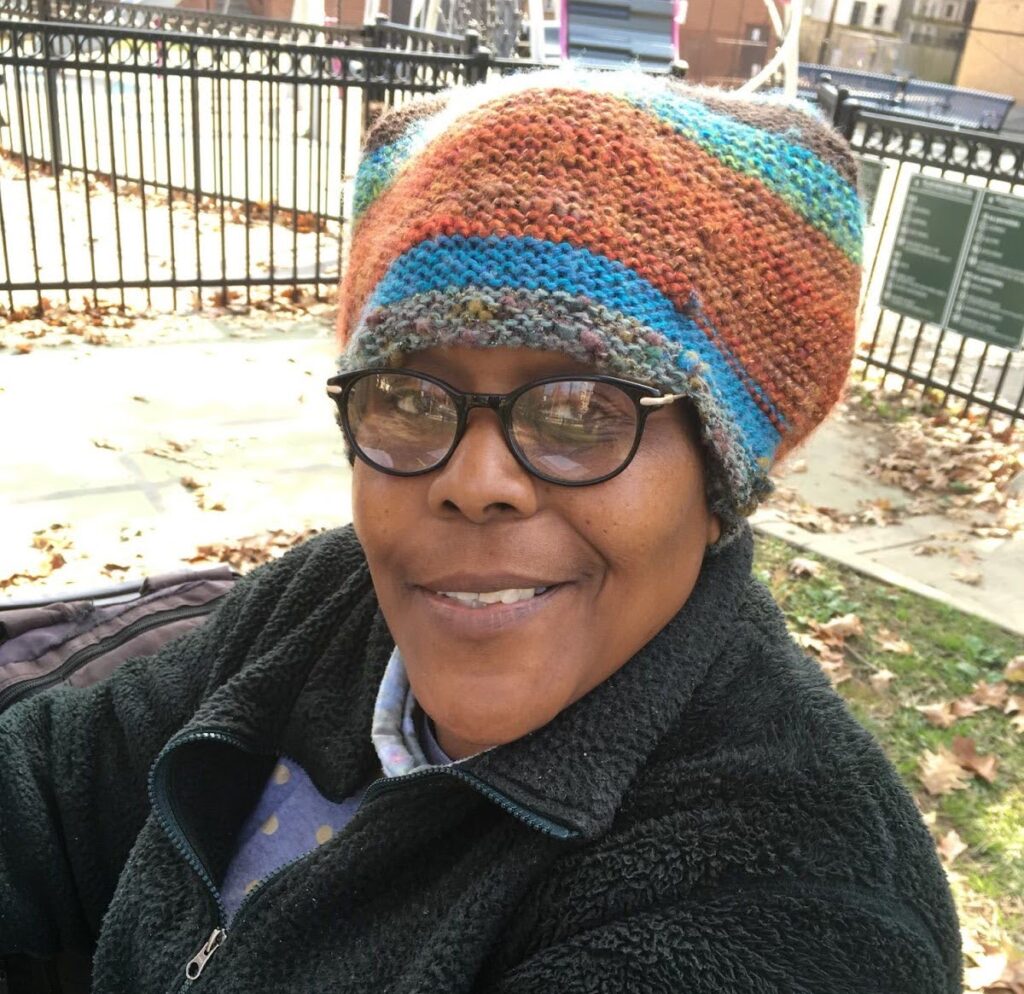“….Da policeman is on da premises, what is he doing in here!” echoed the chants of Chuck Brown throughout the parking lot. Black’s head quickly snapped around in search of the source of this temporary colloquial pleasure.
“Run Joe, run Joe, run Joe, run Joe, da policeman’s at the door.” Black’s head started bopping and his foot started tapping as the song rang out from a Cadillac Escalade with Maryland tags that was occupied by three Department of Public Works employees that had pulled into the 7-11.
He could remember when the sounds of go-go music prevailed throughout the city and there would be a go-go somewhere in the city every night. Black thought about Go-Go Live at the Capital Center, Rare Essence at the Eastside and the Black Hole, Junkyard Band at the Taj Mahal, Northeast Groovers at the Met, and Backyard Band at the Ibex. He had been a regular attendee to these and the countless other venues that spotlighted the art form. The streets seemed to be filled with electricity on these nights. The memories filled him with elation as he thought about all the good times he’d experienced.
Black began to reminisce about the days when him and his friends from around his neighborhood would all get together and go to the go-go. It was a regular routine. They would begin by shopping for clothes and shoes to be as fresh as their wallets would allow.
Black could remember shopping on F Street at Up Against the Wall, Cavalier, and Snyder’s Shoe Store; Madness Connection on Georgia Avenue; the H.O.B.O. shop on Rhode Island Avenue; Britches of Georgetown; and countless other places.
F Street was his favorite. The bass of the music being played by the vendors selling hats, T-shirts and other bootleg items would meet the ears of all before their ascension to the street, even before stepping on the escalator. There were times when he’d travel all the way across town to go to the Popeye’s on 14th and F Street, passing by four of the franchise’s other locations along the way.
Black could still remember the disappointment he felt with the distorted sound of the Biz Markie “Goin’ Off” cassette he grabbed from one of these vendors. He thought he was getting a deal when he saw it being sold for five dollars instead of the $6.99 it was being sold for across the street at the Wiz record store. That was the first and last time he spent his money with a vendor for an album.
He began to focus on a group of teenagers as they pranced passed him. With exception of the brands that they chose, they seemed to be doing just the opposite of his generation. Black’s generation tended to wear loose-fitting clothing, mostly black and gray color schemes. This new generation wore tight, fitted clothing. They also sported box haircuts like Kid from the rap group Kid & Play, dressed loud, wore a lot of florescent colors, and let their pants sag so low that you could see all the designs on the underwear that covered their backside.
“Pull your damn pants up boy!” Black hollered out as the group of teens proceeded past him.
They all turned and looked. Then the shortest and youngest looking one in the group sneered, “F@$% you, OG!”
Black just laughed about the youngster’s brashness. “Where the hell my nephews get they style from?” wondered Black.
He thought about all the styles and brands he had seen over the years—Troop shoes and sweats, Used Jeans, Filas, Le Coq Sportif, Skids, Sergio sweat suits, DDTP, one pants leg up or both, EK sunglasses, New Jack Swing Denim Jackets with the rhinestones, and he could go on and on. The go-go was a literal fashion show, and Black and his crew always wanted to be center stage.
“Joey-O … Joey-O … talkin’ bout Joey-oh-ee-oh…” Chuck continued to sing as Black’s memories were soon tarnished by his thoughts of the friends that didn’t make it back from the go-go.
Simon, a neighborhood friend, was shot to death in the parking lot of the Mirage nightclub. It was alleged that he was sitting at the bar drinking when one of his friends got into a dispute with someone who felt he was dancing too close to his woman. Simon and his friends were sitting in his car smoking when shots rang out. When the dust cleared, Simon was dead behind the wheel.
Then there was Hammer, who was stabbed to death in a fight at the Oxon Hill Fire House after a Northeast Groovers performance. It was suspected that a group of guys from Landover, Maryland, that called themselves Smokin’ Gunz were responsible. This was just one of the episodes between these two factions, and Hammer was just one of almost a dozen casualties related to this particular “beef.”
Another was Damian—a classmate and football teammate of Black’s. Damian’s body was found burnt to a crisp in the driver’s seat of his car outside the Ibex nightclub on Georgia Avenue. He was waiting to pick up his younger brother and his crew from a Junkyard Band performance. Unbeknownst to him, his brother and his friends had got into an altercation on the inside. No one knew who killed him or where they were from, all that was known was that he had nothing to do with it. Autopsy results revealed that he had been shot twice in the head before the car was set afire.
Black just shook his head, bewildered and disappointed by the untimely deaths of the young men. To this day, none of these cases has been solved and all are still open. The go-go, however, has been shut down. “We just can’t have nothing.”
Things took a turn for the worst for the genre of go-go, as well as the culture of D.C.
On Feb. 5, 1997, Metropolitan Police Officer Brian T. Gibson was shot to death while sitting in his patrol car in front of the Ibex nightclub during a Backyard Band performance. This marked a turning point in go-go music and the culture of D.C. as a whole.
The Ibex was closed and now is a gourmet bistro for a customer that’s totally on the opposite end of the spectrum from the patrons of the Ibex. Slowly, steps were taken to eliminate the go-go scene from the city altogether by using tactics some call de facto censorship.
Now, instead of restaurants that serve chicken and mumbo sauce and fried fish — you got sushi bars and falafel shops. Instead of nightclubs and stores that cater to hip-hop heads, you got yoga studios and high-end coffee shops. Where had the Washington gone that Black had grown to love? What happened to “Chocolate City?”
“Why can’t they keep D.C. for me?” he fumed.
To be continued. This is an excerpt of Duane Foster’s manuscript “The Black Fields Chronicles: THE HOBO.”








